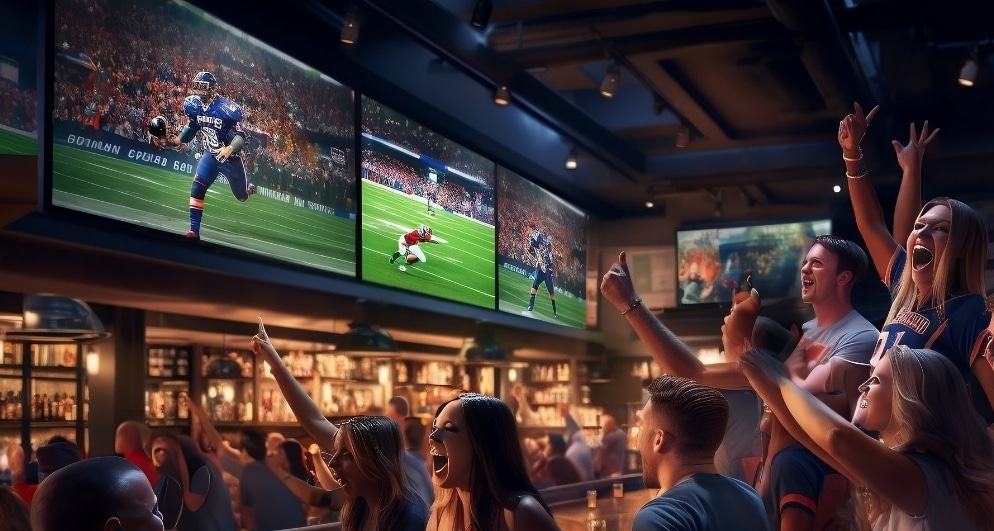

According to a Canadian Broadcasting Corporation research, 20% of sports broadcasts include commercial space for sports wagering advertisements. The hockey and NBA fans in Ontario are the most affected.
CBC carried out the study in collaboration with Drs. Raffaello Rossi and Jamie Wheaton of the University of Bristol. The company has been known to perform message research on items in various areas, including the United Kingdom.
The study focused on five NHL games and two NBA games broadcast between October 25 and October 29. In addition, the study looked at the broadcasts and the online spaces of ten operators, including Bet99, Bet365, BetMGM, BetVictor, FanDuel, PointsBet, Rivalry, Sports Interaction, and theScore.
Based on Canadian sportsbook news, a total of 4,119 messages were gathered from various platforms, including social media and broadcasting. On-air allusions to wagering, social media posts from operator accounts, and the frequency of logo appearances on-screen characterize messages. Regarding on-court logos, the researchers considered each instance of the logo displayed during the game.
Wheaton asserts that the logo flash compensated for the most observed messages, amounting to 94%. The average duration of gambling-related messages broadcast on television per event was 39.8 minutes, studio discussions included. This indicates that gambling-themed massages occupied an estimated 13 minutes per hour of broadcast.
Considering that the majority of the messages identified were logos and engagement-driven social media postings by operators while the game was being played, only 2.6% contained responsible gambling messages.
Whether the social media postings violate the regulations of the Canadian Code of Advertising Standards is the current issue at hand. Posts may or may not be classified as advertisements, given their diverse formats.
Rossi believes that social media gambling promotions provide the greatest hazard. The necessity of the hour is to strengthen existing legislation to protect the interests of customers, particularly young people who are more easily persuaded by advertisements.
The Alcohol and Gaming Commission of Ontario (AGCO) and the Canadian Gaming Association (CGA) are continually investigating the standards for responsible gambling. In August, the AGCO issued new advertising guidelines requiring athletes and celebrities to refrain from advocating online gambling. The regulations will be implemented in the coming days, with only a few changes, on February 27, 2024. However, there are also concerns that, despite the new laws, there may be some disparities in the relationship between operators and various teams.





